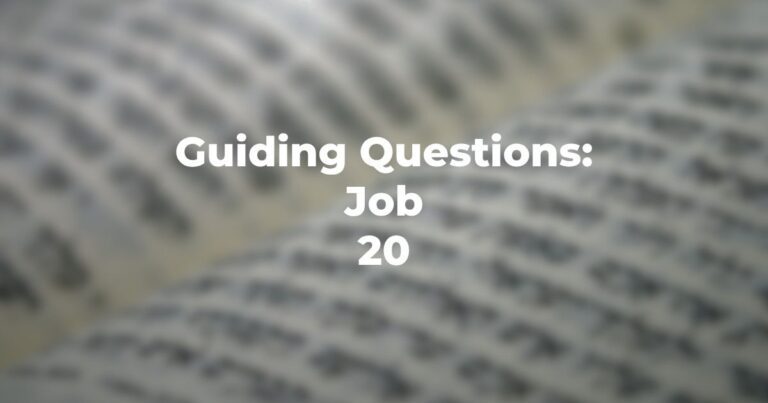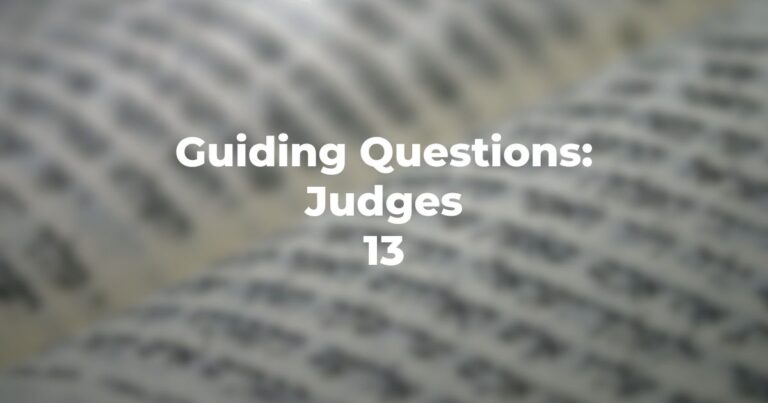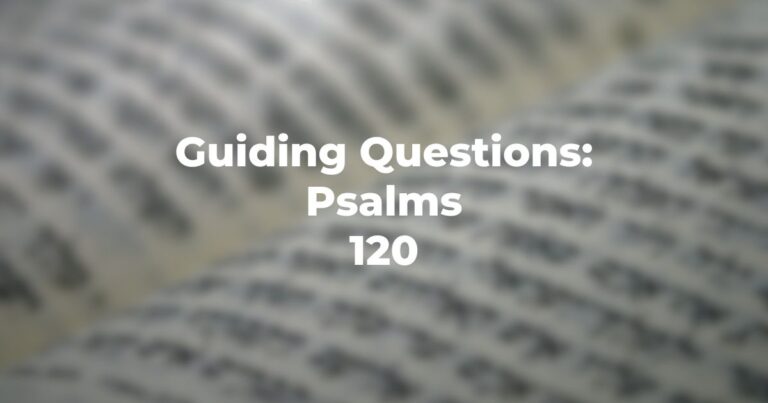- Does this chapter begin with the legislation or is it in the nature of an introduction—at least through Deuteronomy 6:3?
- Deuteronomy 6:4-9 are included in the daily liturgy and represent what is called the “kriat sh’ma”—said how many times daily?
- Does Deuteronomy 6:4 indicate that there is one God only?
- Are there three types of love that are reflected in Deuteronomy 6:5?
- And in Deuteronomy 6:6 does the word “heart” have the meaning of “emotional center” or did the ancients regard it as the seat of thought?
- What educational principle is set forth in Deuteronomy 6:7?
- Does legislation require some symbolism (Deuteronomy 6:8) and does this verse specify the nature of that symbolism or only its location?
- How do we, in our day, fulfill the mandate in Deuteronomy 6:8 and, as well, the mandate in Deuteronomy 6:9?
- What is the educational intent of the mizvot set forth in Deuteronomy 6:8-9?
- What does the speaker caution against in Deuteronomy 6:10-12?
- And, in somber fashion, what is the result if one deserts “Divinity” (Deuteronomy 6:15)?
- What is the summary of how the Israelites came to be as set forth in the answer to the inquiring son (Deuteronomy 6:21-25)?
- In sum, in this entire chapter, has there been a setting forth of a substantial number of mitzvot?
Author
-

Exploring Judaism is the digital home for Conservative/Masorti Judaism, embracing the beauty and complexity of Judaism, and our personal search for meaning, learning, and connecting. Our goal is to create content based on three core framing: Meaning-Making (Why?), Practical Living (How?), and Explainers (What?).
View all posts




